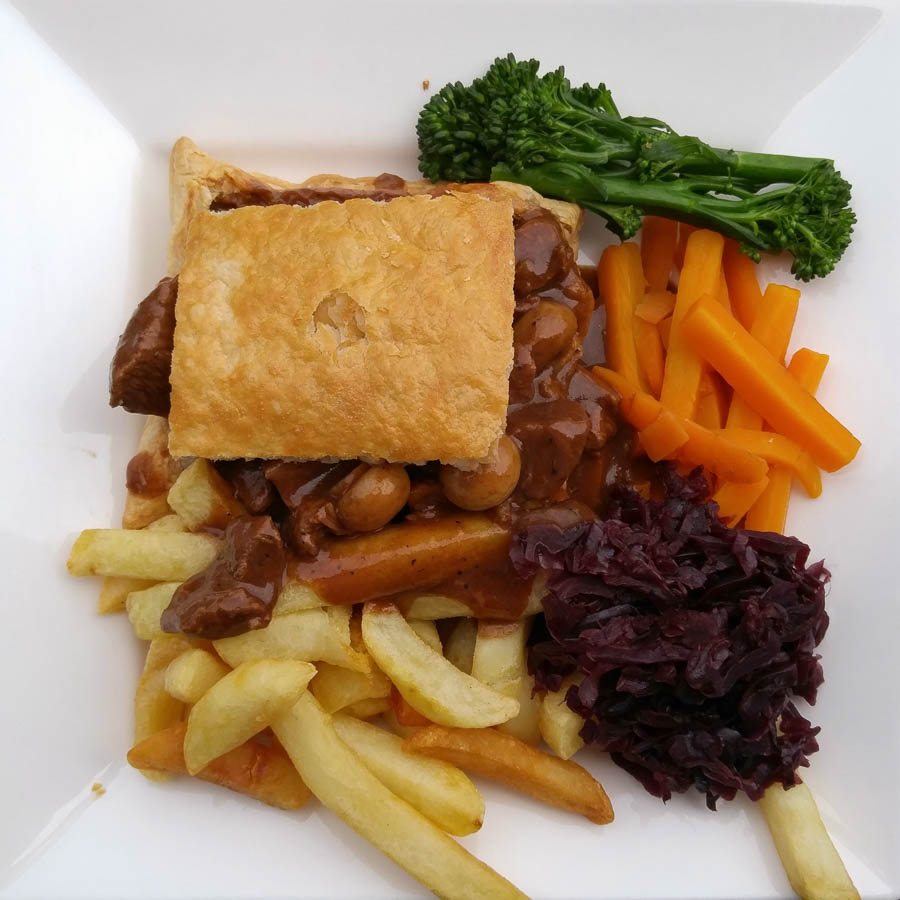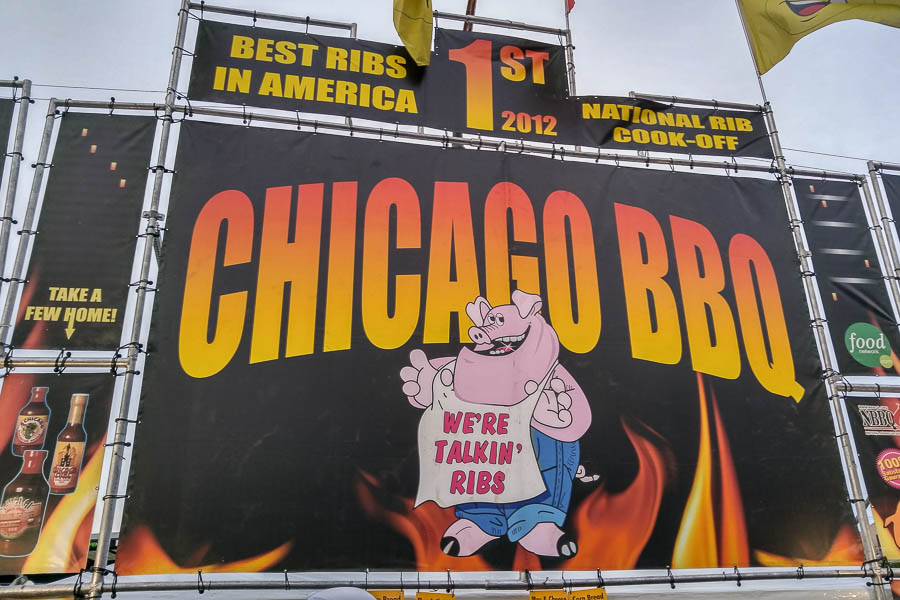Jeet Heer reminds Republicans that Donald Trump isn't going to disappear on November 9th:
[W]ill Trump really cease to matter in November? After all, no human being loves the spotlight more, and he’s chased after media attention since he was a young man. Being the nominee of a major party is a dream job for him, because it means people will hang on his every word. Even if he loses badly in November, Trump will likely cling to his status as the strangest “party elder” ever—and convert it into new, attention-grabbing and lucrative projects. He has indicated, for one thing, that he wants to monetize his ability to generate attention with his controversial views by creating Trump TV (whatever the election results). Don’t scoff: Sarah Palin was number two on a losing ticket in 2008 and embarrassed herself spectacularly in the process, but she still commanded millions of followers when the election was over—enough, in fact, that she became a precursor to Trump in her merger of politics and reality shows, as well as one of his key surrogates.
Donald Trump will not go gentle into that good night. Nor will he curse the dying of the light. Instead he’ll keep pursuing the klieg lights of the media circus, and through his televised antics continue to dominate the political conversation on the Republican side. He’ll be helped by his unusually loyal and rabid fan base. As Trump rightly said, even shooting someone in broad daylight on 5th Avenue wouldn’t warn them away. In order to maintain that fan base, Trump is, based on past precedent, likely to nurture a stabbed-in-the-back myth against the Republican and media “elites” if he loses.
It looks less and less likely he'll actually win the election, but he'll be around for many years poisoning the debate. Good work, Republicans.
You guessed it:
Trump’s complete lack of experience in public office ought to provide him with the opportunity, which most novice candidates have, for a clean-slate résumé. Instead, he is already waist-deep in stench. Trump has not merely intermingled campaigning with his business interests; the two are one and the same. His entire political career seems to be an outgrowth of his efforts to build his personal brand, which Trump has endlessly used the campaign as a platform to promote. He has devoted speeches to attacking the judge in the fraud suit against his “university,” instructed surrogates to do the same, and promised to relaunch the enterprise if elected. He celebratedthe Brexit vote, which drove down the value of the pound, as helpful for driving visitors to his Scottish golf course. This sort of behavior is not anappearance of a conflict of interest but the definition of one.
Trump appears to be genuinely unaware, even at the conceptual level, that his business interests might complicate his ability to govern in the public interest. During the primary, when a debate moderator asked if he would put his holdings in a blind trust, Trump comically replied that he would, while defining a “blind trust” to mean his children would run his business for him, which is the opposite of a blind trust. Even if Trump wanted to distance himself from his business interests, the nature of his holdings would make it virtually impossible, as The Wall Street Journal explains today. A traditionally rich person could place their wealth in third-party hands without knowing what they were invested in; Trump’s business is his personal brand, making divestment impossible.
Fortunately, despite most pro-Trump voters not caring one way or the other about his corruption, millions of unaffiliated voters do. Here's hoping they care enough.
It's nice to have a friend with a boat. You get to see this kind of thing on Google Timeline:

Photos won't be spectacular because the lighting kind of sucked (high thin cirrostratus layer, light was cold and gray). But I'll post some when I'm able.
As I offloaded the photos from Windy City Ribfest from my phone, this was in the same batch:

That's a steak and ale pie from The Greyhound Pub in Aldbury, Hertfordshire, this past Sunday. And it was much better than any of the ribs I had this evening.
Chicago actually has more than one ribfest. There's the main one in Lincoln Square, the big one in Naperville, and the ugly stepchild going on right now at Lawrence and Broadway.
Yes, Windy City Ribfest, I'm talking about you.

The "fest" is tiny, with just 6 rib vendors, three of them in such close proximity that the lines get mixed up and people trying to walk down the street nearly step on dogs' tails crossing them. And of the 6 vendors, none is spectacular.
I tried two $8 samplers, one from Porky Chicks BBQ and the other from our old friend Chicago BBQ. They were both meh. Tasty, sure; but not as epic as the bones I had from Piggery last month, or Mrs. Murphy's. And the organizers are so disorganized they don't even have a website.
Parker and I attended really only because it's about a 15-minute walk from my house. Otherwise I would skip it, as I may do next year.
But hey, even mediocre ribs are tasty.
I've listened to Minnesota Public Radio's A Prairie Home Companion off and on for most of its 42 years on the air. Tonight, coming home from the grocery store, I caught the last hour or so of Garrison Keillor's last show. And I got a little misty.
Scott Simon reflects:
The Lake Wobegon that Garrison Keillor has brought to life and built word by word, in millions of imaginations, is not a rustic refuge from the modern world. It has been gentle, but edgy, midwestern, but not middlebrow, calm but scarcely dull. People get sick, grow scared, pass through, and pass away in Lake Wobegon, to live on in stories.
For 42 years, Prairie Home Companion and Garrison Keillor's monologues have turned radio from a medium some considered to be faintly old-fashioned into a new form—an art, I'll even dare to say—of telling a story that a new generation downloads today.
In a line of work that always looks for what's flashy and new, Garrison Keillor created a rare thing out of the radio waves that skip through the air and disappear into the night: something that endures.
And it was a good show.
New York Times business columnist James Stewart thinks it through:
Unless Britain finds a way to undo its decision to leave the European Union, London’s days as the pre-eminent global financial capital, ranked even ahead of New York, may be numbered.
Who might win this high-stakes financial sweepstakes?
Here are the criteria most frequently mentioned: English-language facility, which is essential for attracting a global work force; a favorable regulatory environment, especially regarding employment; excellent transportation and communications infrastructure; availability of prime office space and luxury housing; good schools; good restaurants and cultural offerings; and finally, an intangible quality that includes a certain energy level and openness to an influx of highly paid, competitive City of London-Wall Street types.
I scored numerous cities in the European Union on a 60-point scale: five points for office space and housing, five points for restaurants and cultural offerings — because it’s easier for any city to build new offices and housing, and import talented chefs and entertainers — and 10 points for each of the others.
So who's on top? I'll let you read it, but for my money, I'd live in any of Stewart's top 3.